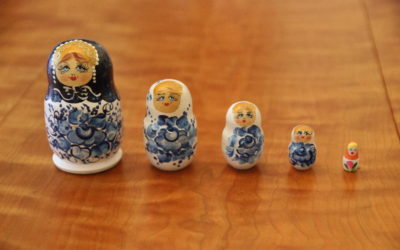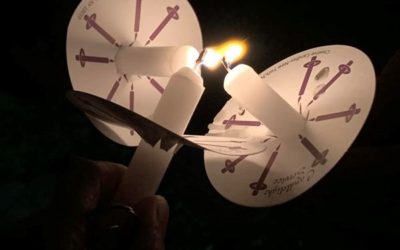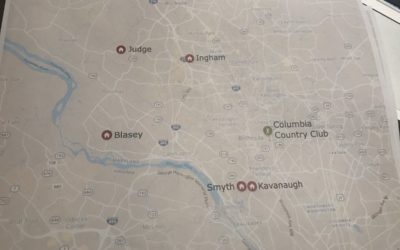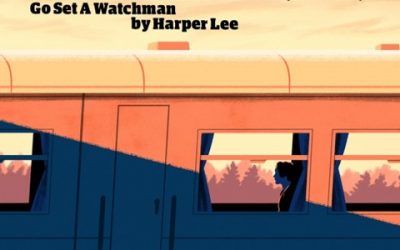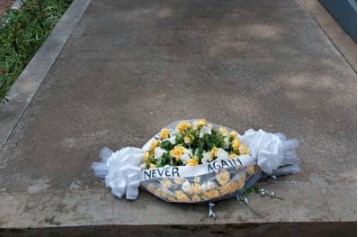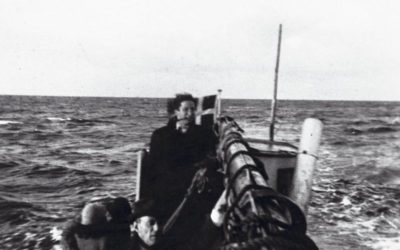Twenty minutes. That’s how much time I have to teach a group of white, Christian, Texan women about the Holocaust. One message – that’s all I’ll get. If you had time to pass along one message about the Holocaust, what would it be? [Redirects to the Times of Israel]
Never Again Means Not Now: Looking Inward Edition
Anger. Sadness. Fear. Recognition. I would not presume to speak for the community of color. But these are some of the things I would be feeling if this were happening to the Jewish community. [Redirects to the Times of Israel]
‘Never Again’ means ‘Not Now!’
Have we built concentration camps on our border? As a Holocaust educator, I get asked this question a lot. It’s the wrong question. Asking whether they are concentration camps pushes us into extreme language that blocks conversation. [Redirects to the Times of Israel]
Let the Light Shine on: Reassessing God’s role in the Holocaust
What was God’s role in the Holocaust? Was God a perpetrator, a bystander, or a savior? Many of us have grappled with these questions: Where was God during the Holocaust? How could a God who loves us let such a thing happen? [redirects to the Times of Israel]
Why I teach the Holocaust in Churches
Holocaust education needs to be different in a church than in a synagogue. Although we like to think of Christians and Jews as similar, there are fundamental differences in our background knowledge of and emotional connection to the basic elements of the story of the Holocaust. These fundamental differences change how the story is heard, and therefore, how the story should be told. [Redirects to the Times of Israel.]
Love is stronger than hate
In the shadow of the 80th anniversary of Kristallnacht[1], an attack on a synagogue is particularly chilling. But this was not Kristallnacht. When the Tree of Life synagogue in Pittsburgh was attacked, people from all over poured in to help. In fact, as overwhelming as the grief and fear of the shooting was, the love in response has been almost more so. [redirects to the Times of Israel]
Did you know (that was happening)?
Recent events have made me realize that the question “Did you know?” can be more complicated than it sounds. The story of Brett Kavanagh and Christine Blasey Ford hits close to home for me, literally. I grew up in Bethesda, Maryland. In 1982, when Christine Blasey was attending the Holton-Arms School, I was attending a public middle school a mile and a half away. [Redirects to the Times of Israel.]
For Yom Kippur: Go Set a Watchman
For the sin we have committed against You by running away from the chance to do good in order to make our lives easier. “I can’t live in a place that I don’t agree with and that doesn’t agree with me.” How many of us have had such a thought? How many of us live in neighborhoods of agreement? How many of us safely stay in our like-minded bubbles to avoid conversational conflict? [Redirects to the Times of Israel]
Does “Never Again” still have meaning?
Never again is the anguished cry of Holocaust remembrance, seeking to find a meaning from the suffering. But can we still say never again when genocides have happened again, and again, and again? Does the phrase still have meaning? [Redirects to the Times of Israel.]
“There is no Jewish Question”
In mid-1942, the prime minister of Finland, Johann Rangell, was asked by SS chief Heinrich Himmler about the “Jewish Question.” Rangell responded that there was no Jewish Question in Finland, only respected Jewish citizens. [Redirects to the Times of Israel.]
